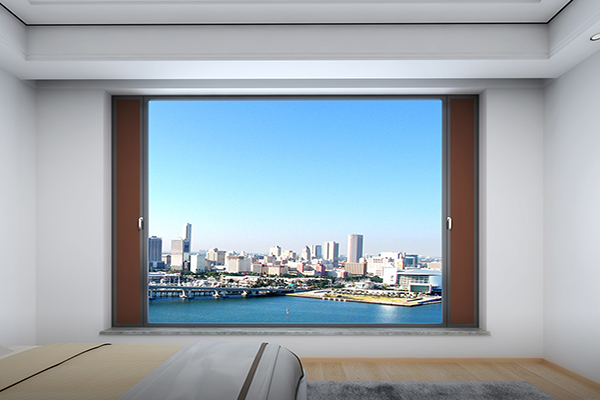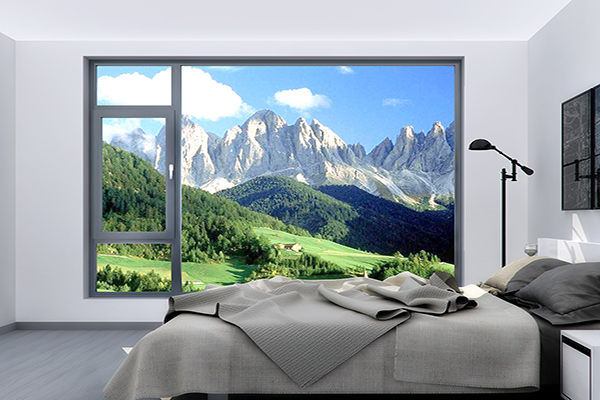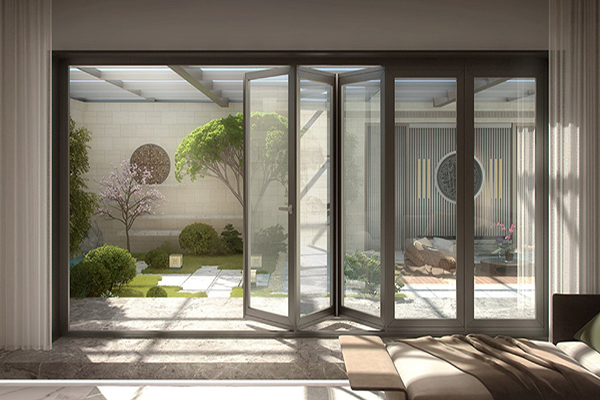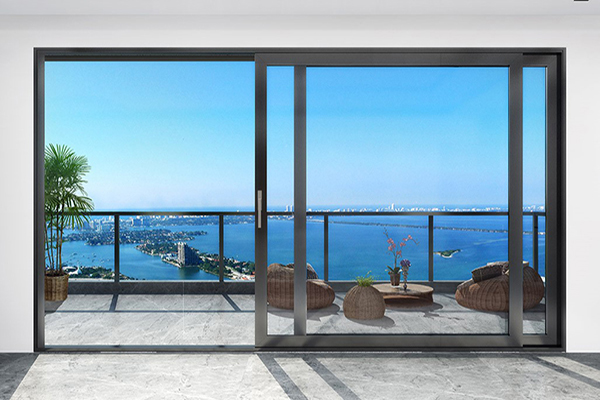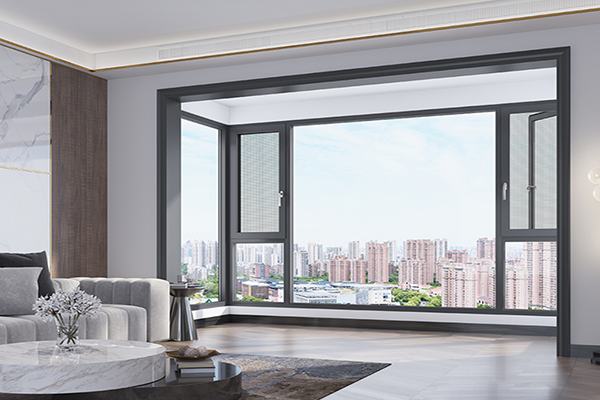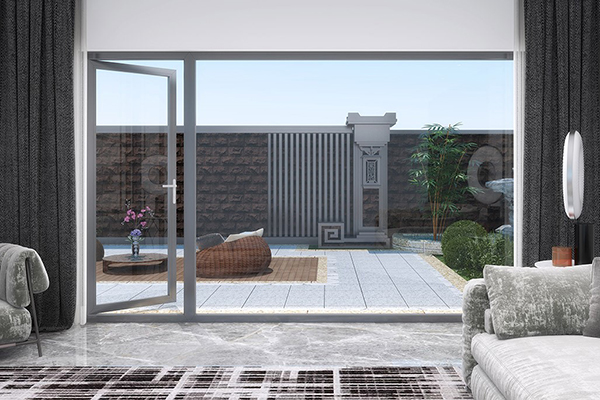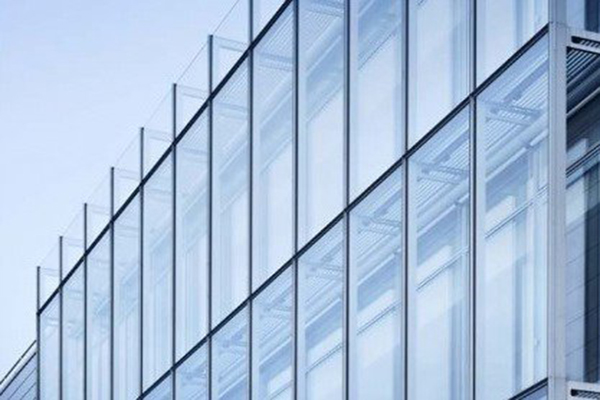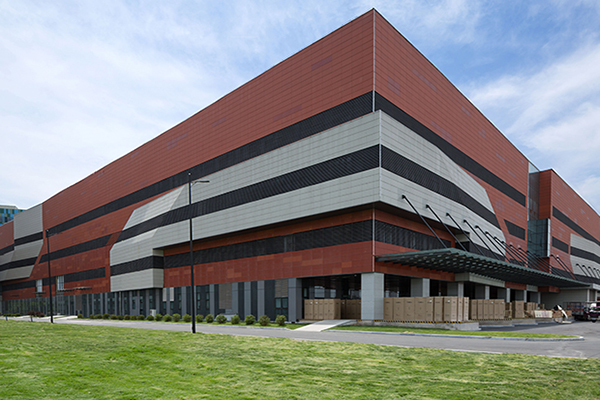What are the requirements for the selection of windows in a construction project?
I. Performance Aspects
1. The casement window Thermal Insulation Performance
- For buildings, windows are an important channel for heat transfer. Good thermal insulation performance can effectively reduce the exchange of indoor and outdoor heat. For example, in the cold winter, heat will not easily escape through the windows to the outside, reducing the energy consumption of indoor heating equipment; in the hot summer, it can also prevent the outdoor heat from entering the indoor, alleviating the load on the air conditioner. This is mainly evaluated by measuring the heat transfer coefficient (U - value) of the windows. The lower the heat transfer coefficient, the better the thermal insulation performance. Windows with double or triple glazing and a structure filled with inert gases (such as argon) in the middle can significantly reduce the heat transfer coefficient and improve the thermal insulation effect.
2. Air Tightness Performance of Alloy Windows
- The air tightness performance is related to the ability of the windows to prevent air infiltration. If the air tightness performance of the windows is poor, the outdoor air will enter the indoor through the gaps, not only bringing in dust and noise but also affecting the control of indoor temperature and humidity.
3. Water Tightness Performance of Inward opening Windows
- Windows need to be able to resist the penetration of rainwater, especially under severe weather conditions such as heavy rain. Good water tightness performance can prevent rainwater from entering the indoor, avoiding damage to the interior decoration and equipment. The water tightness performance is usually evaluated by simulating different intensities of rainfall and wind force and testing whether the windows will have water seepage under a certain pressure. For example, in coastal areas that are often hit by typhoons and heavy rain, the windows of buildings must have a high water tightness performance, otherwise, a large amount of rainwater may flood into the indoor, causing serious consequences.
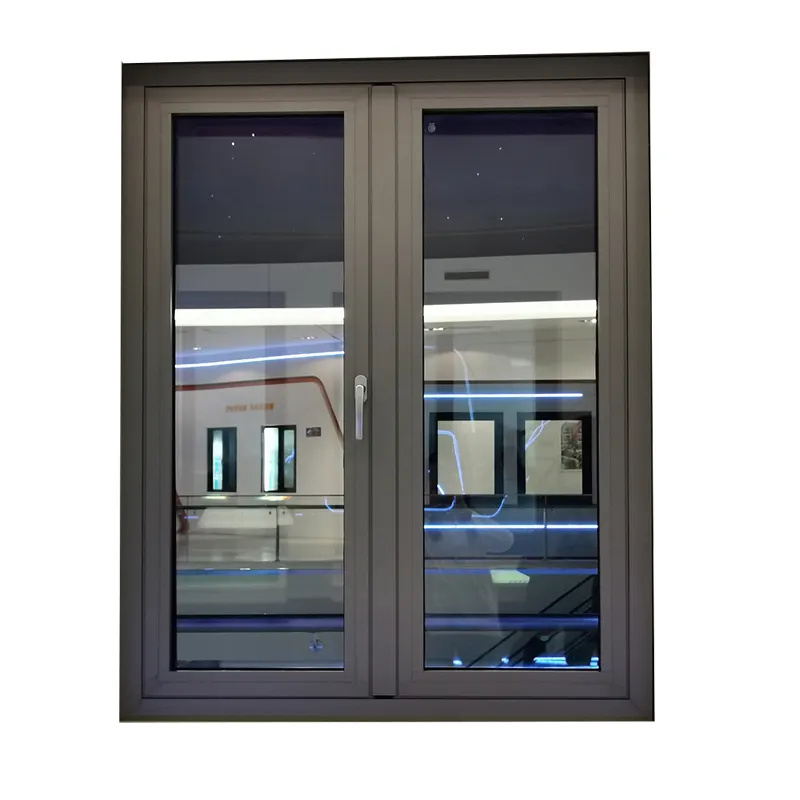
4. Wind Resistance Performance of Sliding Windows
- The windows of buildings need to be able to withstand a certain wind pressure. This is especially important in high-rise buildings or areas with strong winds. If the wind resistance performance of the windows is insufficient, they may deform, be damaged or even fall off under the action of strong winds. The wind resistance performance is related to factors such as the frame material of the windows, the thickness of the glass, and the installation method.
II. Quality Aspects
1. Material Quality
- The frame materials (such as aluminum alloy, plastic-steel, wood, etc.) and glass quality of the windows directly affect the overall performance and service life of the windows. The aluminum alloy frame has the characteristics of high strength and corrosion resistance; the plastic-steel frame has good thermal insulation performance; the wooden frame is beautiful and natural, but attention should be paid to moisture-proof and insect-proof. The quality of glass includes transparency, flatness, strength, etc. For example, tempered glass has higher strength and better safety than ordinary glass. When subjected to external impact, tempered glass will break into small particles, reducing the harm to the human body, so it is widely used in many construction projects.
2. Aluminum windows Hardware Fittings Quality
- Although the hardware fittings (such as handles, hinges, locks, etc.) are small in size, they play a huge role. High-quality hardware fittings can ensure the smooth opening and closing of the windows and are durable. For example, poor-quality hinges may cause the windows to open inflexibly or become loose after a period of use, affecting the normal use of the windows. Moreover, good locks can provide better security and prevent illegal entry.

